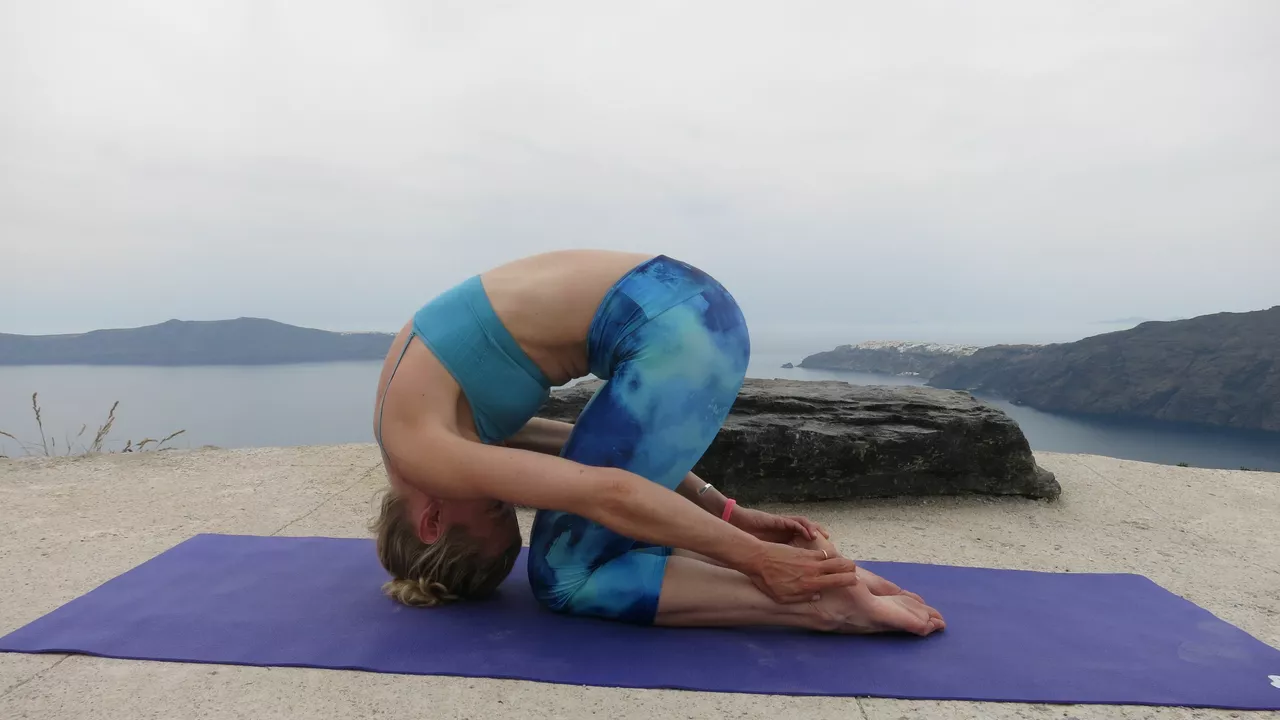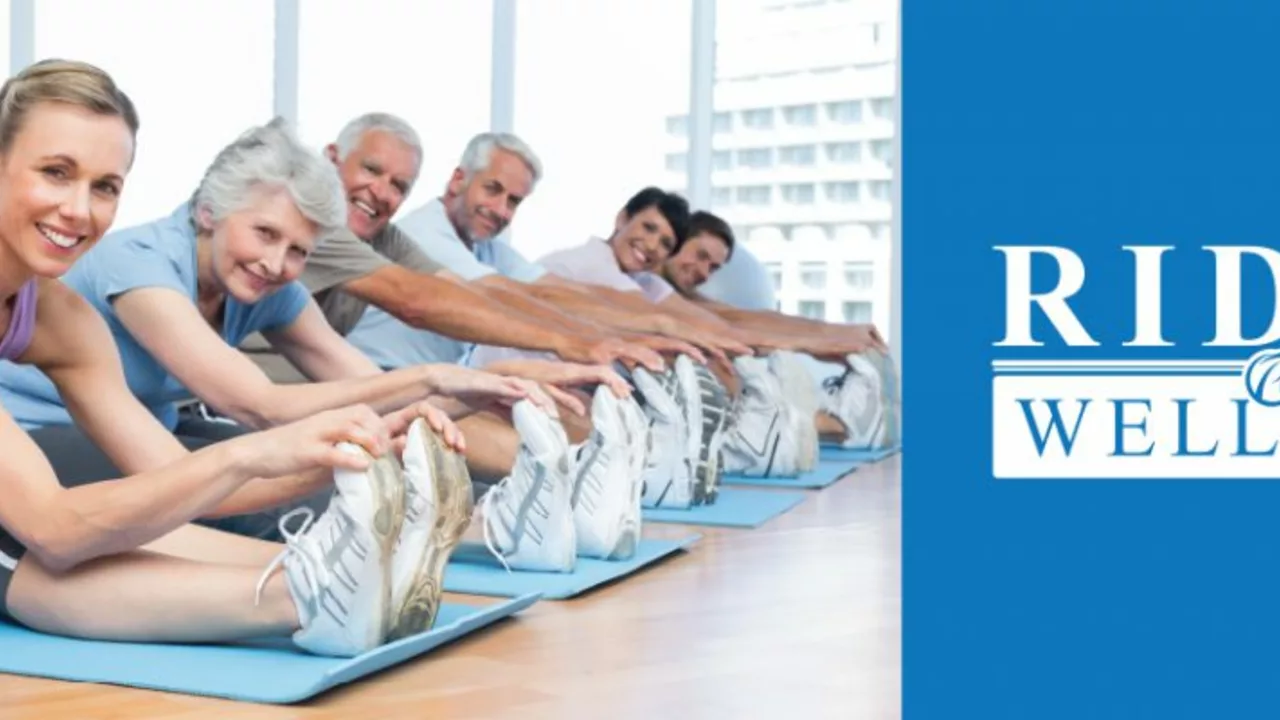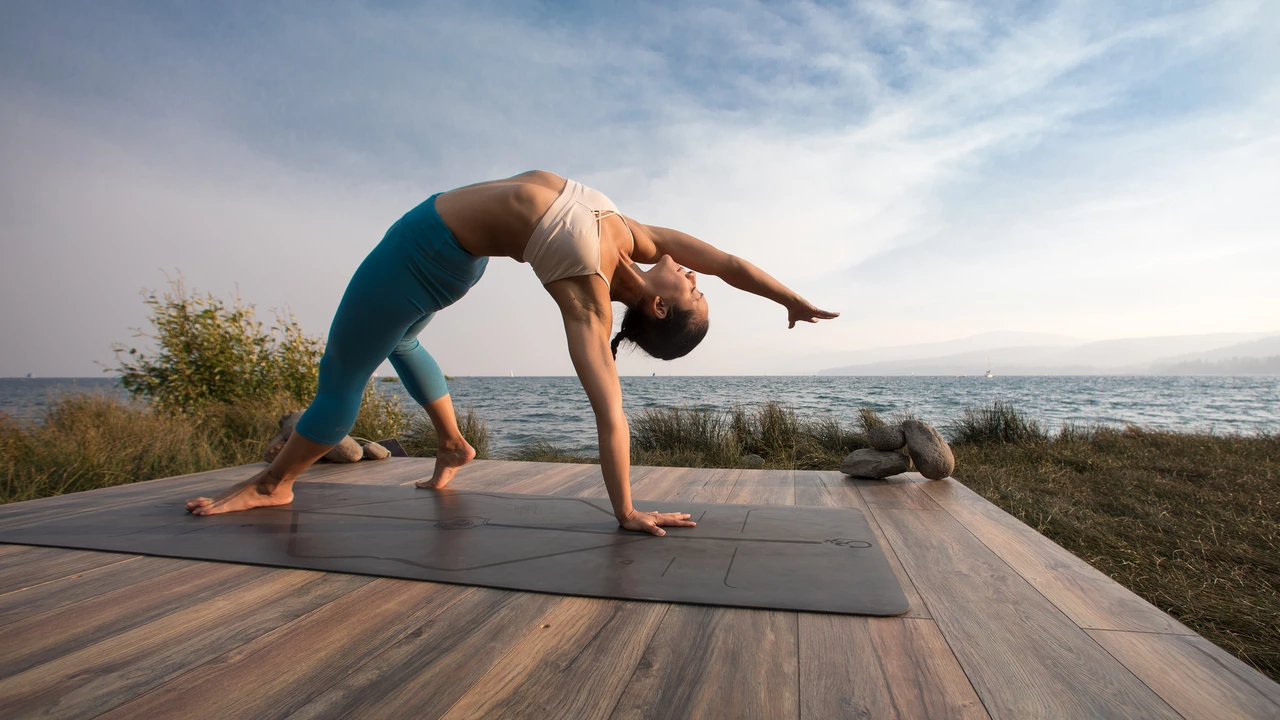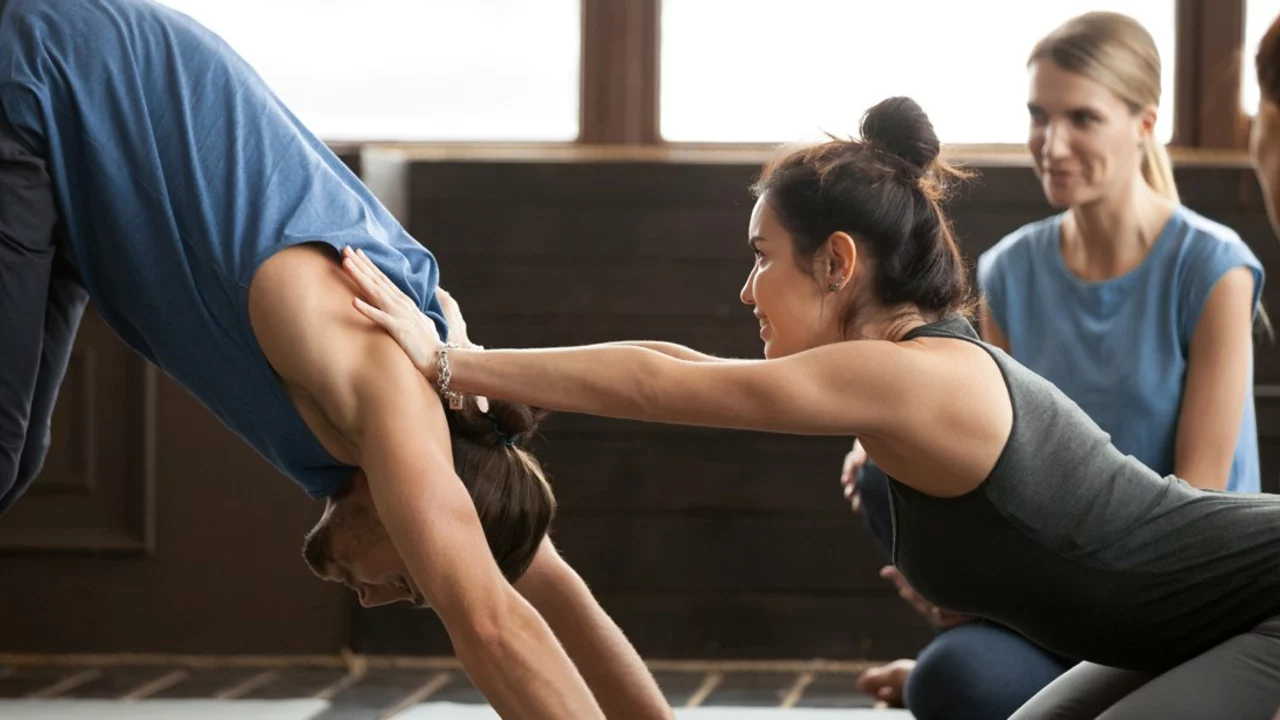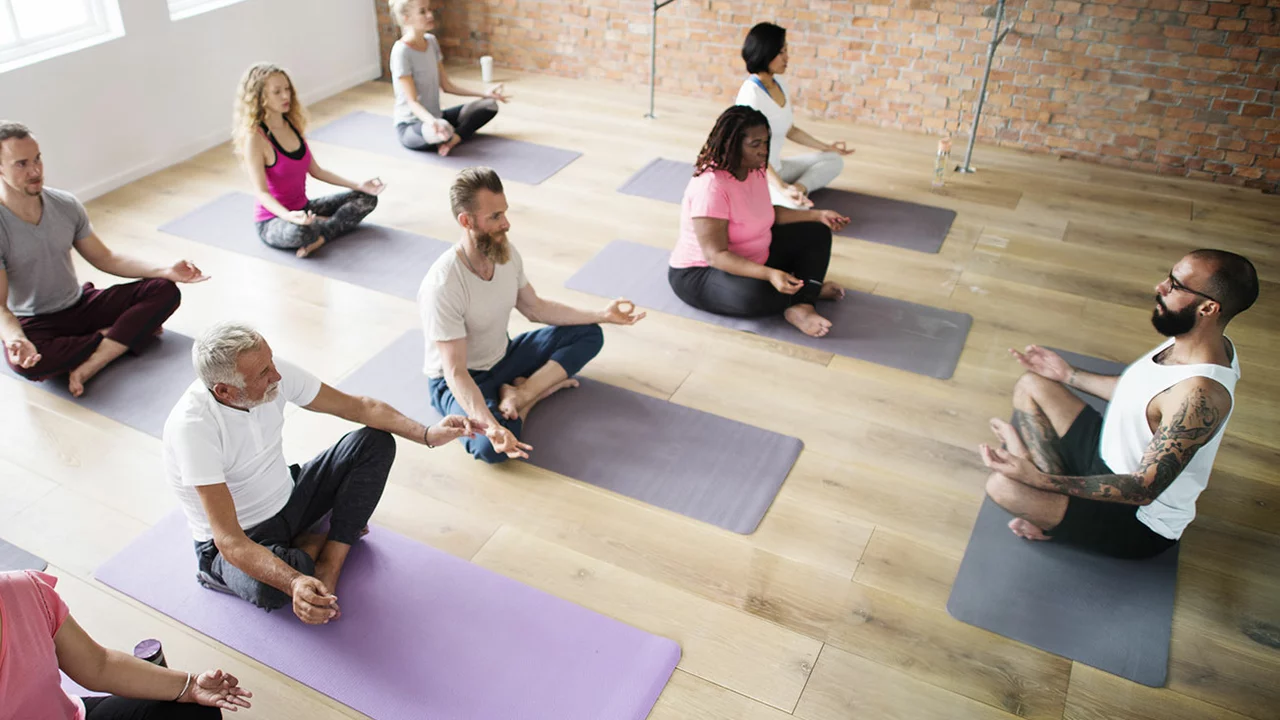Yoga FAQs — July 2023 Archive
This page collects practical answers we posted in July 2023 about common yoga questions. If you want straight talk on where yoga started, whether age matters, how hard it feels at first, what a 200‑hour teacher training covers, and whether to learn in class or online, you’ll find quick, usable guidance here.
What yoga is and where it came from
Yoga began in India over 5,000 years ago and grew as a mix of physical practices, breath control, and meditation. It’s not just about flexible poses; the goal is steady body and calm mind. Start with basic postures and breathing, and you’ll feel benefits like better posture, less stress, and more focus within weeks of steady practice.
If the history interests you, look for sources that explain how classical texts shaped today’s styles. But for practice, the simplest approach works: steady breath, safe alignment, and a teacher who corrects your form.
Who can do yoga and is it hard for beginners?
There’s no strict age limit. Toddlers, teens, adults, and seniors can all practice if the class fits their body and health needs. Older adults should pick gentle classes and tell the teacher about any medical issues. Kids need short, playful sessions.
Beginners often find yoga unfamiliar but not impossible. Expect some awkward poses and tight muscles at first. Key tips: breathe through discomfort, use props like blocks and straps, and choose beginner-friendly classes. Progress comes from regular short sessions rather than one long workout.
Practical starter moves: a few sun salutations, standing balance, and simple seated breathing. Practice those three things consistently and you’ll build strength and flexibility without risk.
Wondering about safety? Warm up, don’t force joints, and get hands-on correction when possible.
Want a growth step? Keep a short practice journal. Note poses you could not do, then track weekly progress.
The 200‑hour yoga teacher training is a logical next step if you want to teach or deepen practice. It covers asana, anatomy, teaching methods, and yoga philosophy. Programs run from a few weeks to several months. Graduates often register with Yoga Alliance and leave with a clear structure for sequencing classes and correcting students safely.
Before you sign up, check the curriculum, teacher credentials, and whether the course includes hands-on adjustments and practicum hours. If you teach afterward, keep learning with workshops.
Should you learn in-person or online? In-person gives live feedback and safer adjustments. Online gives flexibility and lots of variety. Try both: attend a few studio classes to learn alignment, then use online videos for daily practice. Many people find a hybrid approach works best.
July’s posts focus on practical choices: pick the right class, adapt practice to your age, start simple, and choose training that gives hands-on experience. If you want help picking a first class or a training program, we can walk through options based on your age, goals, and schedule.
Where did yoga originate from, and how does it work?
Hey guys, let's dive into the mystical world of yoga. Originating from the land of spices and spirituality, India, more than 5000 years ago, yoga is more than just twisting and turning your body in weird ways. It's a holistic blend of physical postures, breathing techniques, and meditation that works wonders on your body and mind. You might feel like a pretzel at first, but trust me, it's like a free chiropractor with the bonus of inner peace. So, unroll your mats, folks, because yoga is a journey of the self, through the self, to the self, and it starts right in your living room!
Is there an age limit for yoga?
In my exploration of whether there's an age limit for yoga, I found that yoga is truly for everyone, regardless of age. From toddlers to seniors, everyone can benefit from its calming and strengthening effects. However, it's essential to choose a style and intensity level that suits one's age and physical condition. Seniors or those with certain health conditions should particularly seek gentle yoga styles under professional guidance. So, no, there isn't an age limit for yoga, but personalization is key.
Is yoga hard for a beginner?
As a beginner, you might find yoga a bit challenging due to the unfamiliar poses and the need for flexibility and strength. However, it's all about patience and consistency. Everyone starts at a different place and the beauty of yoga is that it's adaptable for all skill levels. Remember, it's a personal journey, not a competition. Over time, with regular practice, you'll notice progress and improvements in your abilities.
What is the 200-hour yoga teacher training?
The 200-hour yoga teacher training is an immersive, foundational course designed for those aspiring to become yoga instructors. It's a comprehensive program that typically spans over a few weeks or months, covering essential yoga philosophies, postures, and teaching techniques. It's not just about mastering the poses, but also learning how to effectively teach and inspire others. Graduates of this program are usually eligible to register with Yoga Alliance as Registered Yoga Teachers. It's a transformative journey, not just a course, that deepens your own practice while preparing you to teach others.
Is it better to do yoga in a class or online for a beginner?
As a beginner to yoga, it can be challenging deciding whether to start in a class or online. In-person classes offer real-time feedback and corrections, which can prevent bad habits from forming. However, online classes provide flexibility, allowing you to practice at your own pace and convenience. Both have their merits, so it truly depends on your personal preferences and learning style. It's best to try both and see what suits you.
